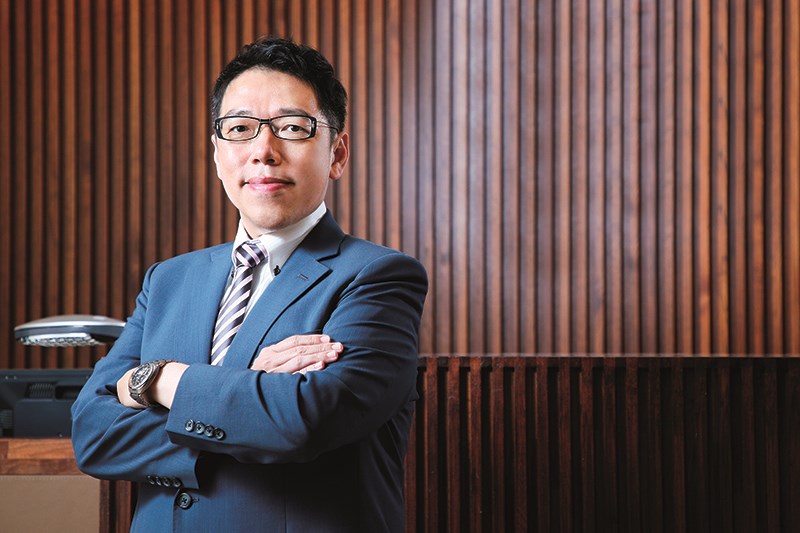Editor's note
2019.03
A Brighter Future for Millennials

Have you ever lost your credit card and had to call 0800? You call the bank, enter your personal identification number and eventually you are transferred to customer service. Even if you haven’t had this experience, chances are, you’re used to asking questions to artificial intelligence (AI) powered chatbots. You may be a digital native!In the US, millennials are the smartphone generation. They watch Netflix rather than TV, use online banking rather than go to a physical branch, and frequently use mobile phones to communicate with AI customer service. It is inconceivable for them to call a customer service system and wait for a human representative. As a result, US banks have made large investments in AI and speech recognition systems. The generations known as the ‘scrolling generations’ are becoming increasingly important consumers for banks, and are also entering the workforce in the financial sector. The business world needs to understand these younger people well – including here in Taiwan. Although Chinese-language speech recognition and machine learning remains rudimentary, various firms have begun catering to young consumers’ habits with such services. Yet despite these technological advances, the global economy is in a somewhat precarious state. Across the developed world, young people face tough conditions, with homeownership and high salaries seemingly out of reach. In the United States, high levels of student debt exacerbate this problem. Further, the "social-media generation" spends a disproportionate amount of their time online. It is questionable if all that time spent on social media - which often substitutes for real human contact - makes them happier or more productive. Given millennials' high level of connectivity, the financial services industry needs to think about how to serve their needs. If a service can help people save more and do so earlier, then it makes sense. There are many services banks could offer that would be beneficial to the financial solvency of young people: mobile notifications on assets and liabilities, notifications about user health for insurance planning, and other advisory services that would help young people make the right financial decisions. Miserliness does not make a man rich, but thrift can certainly help financial freedom. Fintech that does not help young people's financial health, but instead causes them to fall into a debt trap, only drives financial markets underground. Financial institutions should carefully consider the gravity of the situation. For the sake of themselves as well as the country, they should work together to help young people cultivate savings habits and avoid debt.



